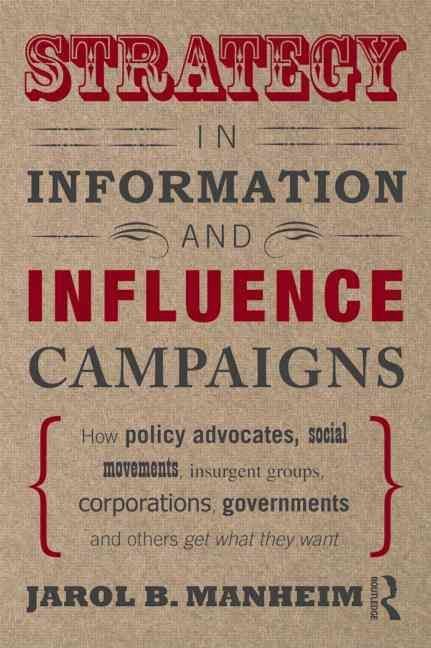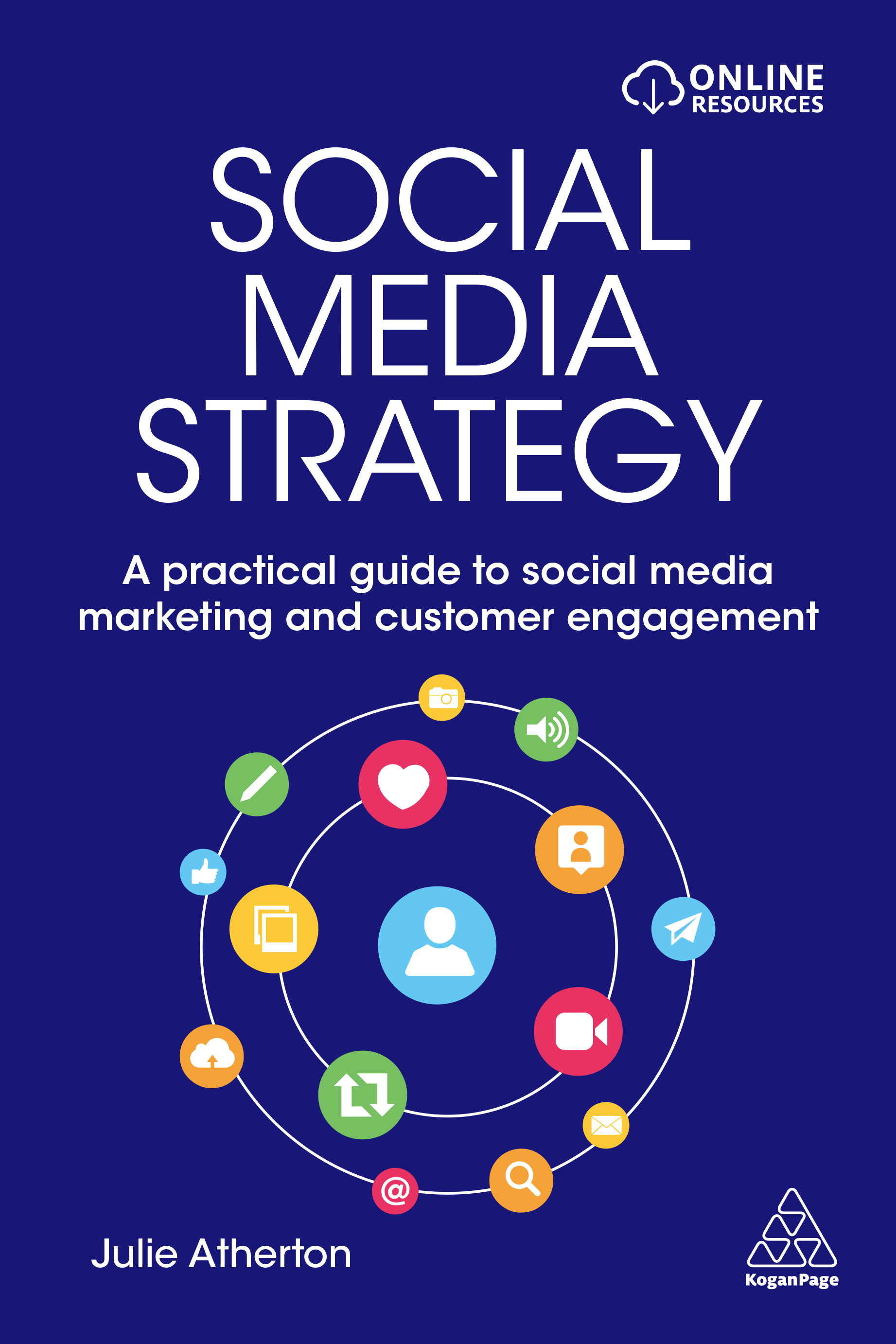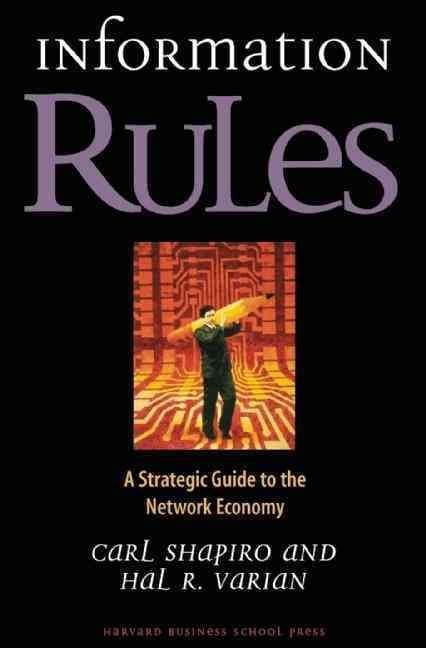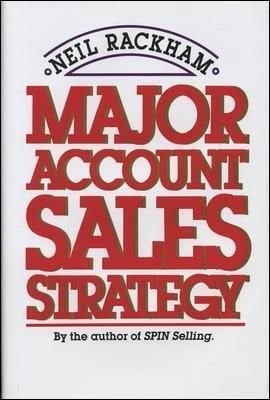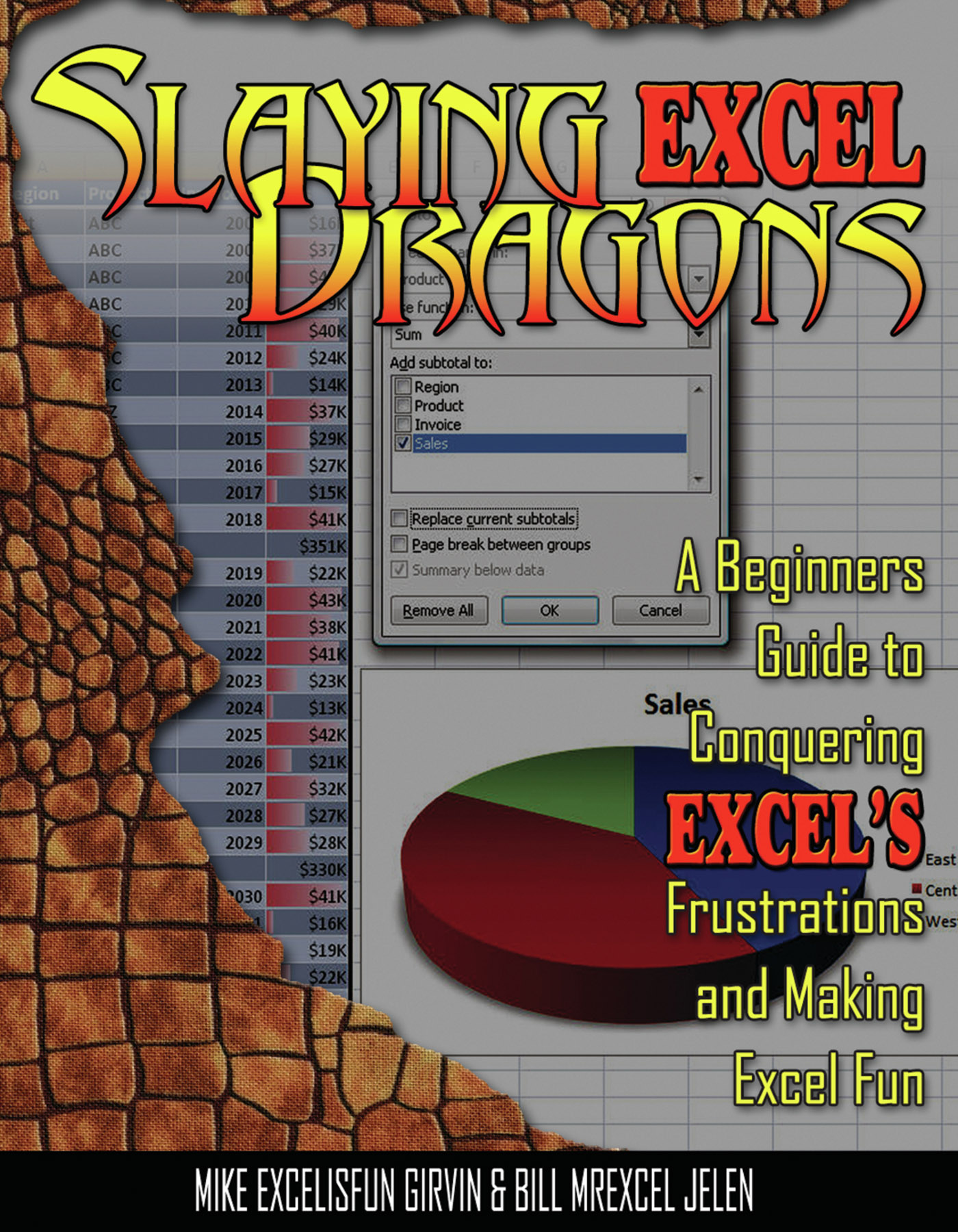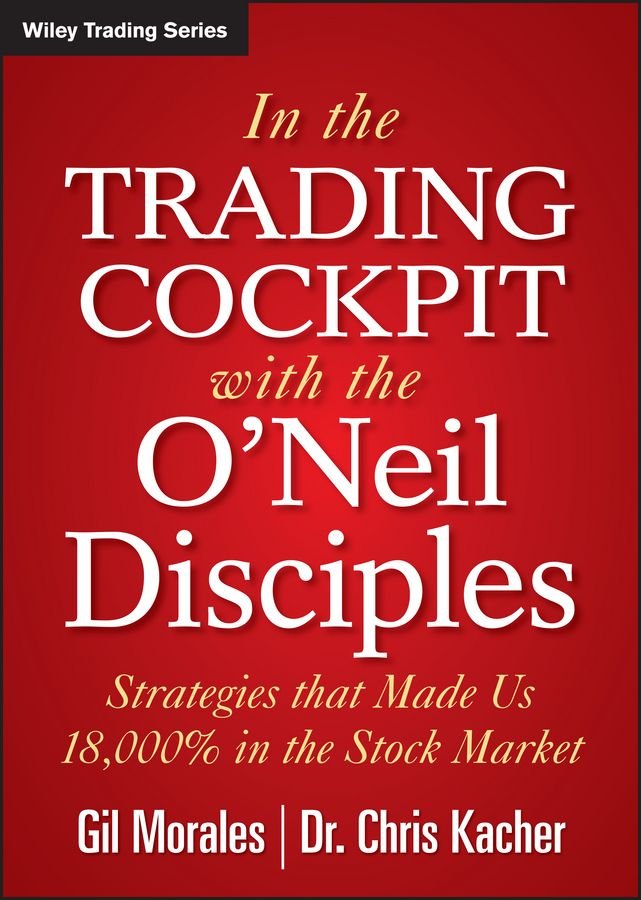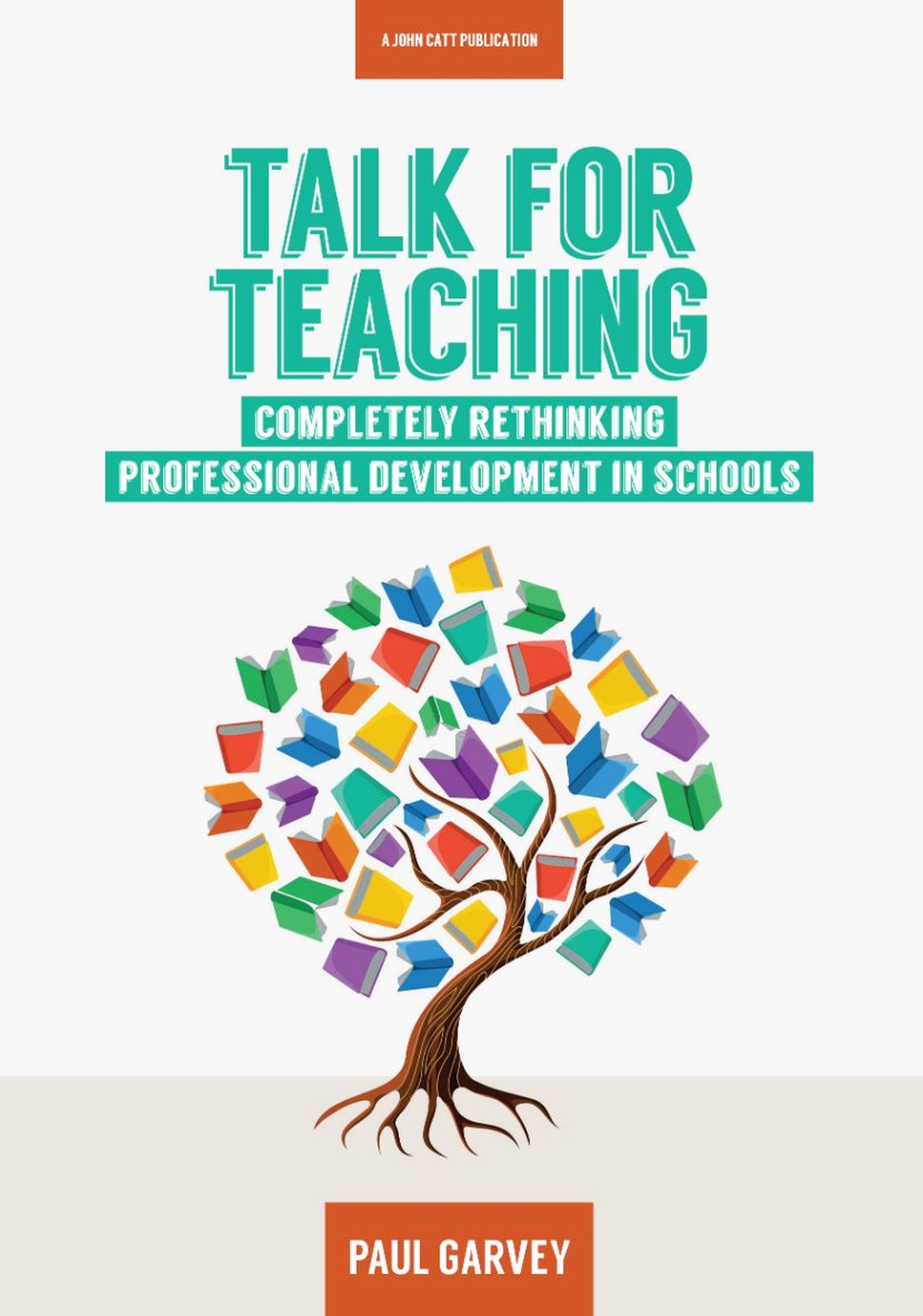Information and influence campaigns are a particularly cogent example of the broader phenomenon we now term strategic political communication. If we think of political communication as encompassing the creation, distribution, control, use, processing and effects of information as a political resource, then we can characterize strategic political communication as the purposeful management of such information to achieve a stated objective based on the science of individual, organizational, and governmental decision-making. IICs are more or less centralized, highly structured, systematic, and carefully managed efforts to do just that. Strategy in Information and Influence Campaigns sets out in comprehensive detail the underlying assumptions, unifying strategy, and panoply of tactics of the IIC, both from the perspective of the protagonist who initiates the action and from that of the target who must defend against it. Jarol Manheim’s forward-looking, broad, and systematic analysis is a must-have resource for scholars and students of political and strategic communication, as well as practitioners in both the public and private sectors.
